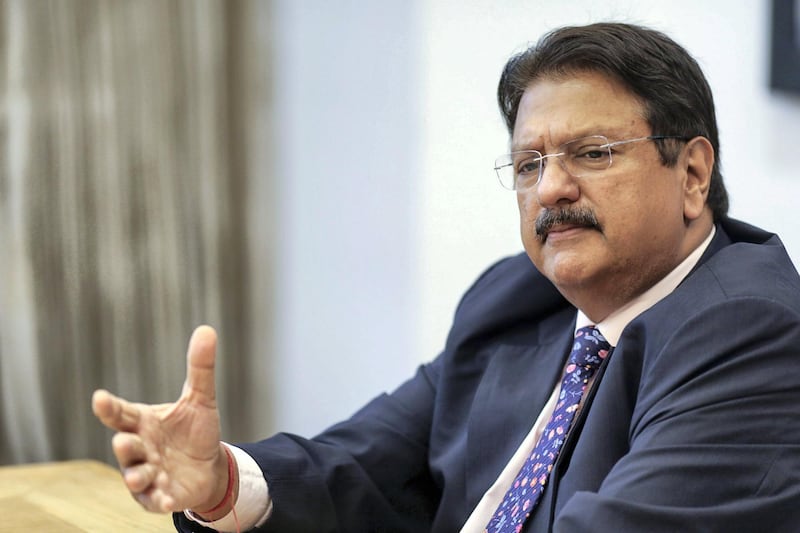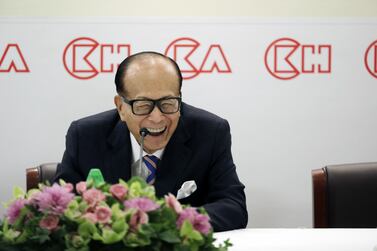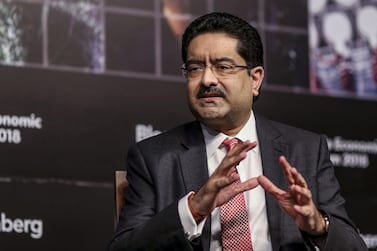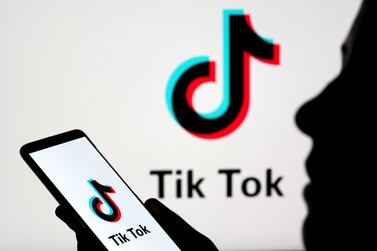Ajay Piramal
Blackstone Group and Partners Group Holding are the two remaining bidders vying for a controlling stake in Piramal Enterprises’s glass unit, people familiar with the matter said.
Indian billionaire Ajay Piramal’s conglomerate is seeking a valuation of $1 billion (Dh3.67bn) for Piramal Glass from the sale, and a winner could be named as soon as October, they said.
Negotiations are ongoing and the investment firms can decide not to proceed with offers, according to those with knowledge of the matter. Other bidders could also emerge, and Mr Piramal could choose to keep the business, they added.
Piramal Enterprises has been raising funds through debt issues as well as weighing sales of some of its non-core units. In June, the group agreed to sell a 20 per cent stake in its Piramal Pharma arm to private equity firm Carlyle Group for $490 million, giving the business an enterprise value of $2.7bn.
Mr Piramal has also said he intends to exit his investment in the parent of shadow financier Shriram Capital, while Piramal Enterprises has recently been seeking to introduce new investors to shore up the capital for its own shadow lender, Piramal Capital & Housing Finance.
Piramal Glass makes glass packaging and has factories across the US, India and Sri Lanka with a total capacity of 1,475 tonnes per day, according to its website. The former Gujarat Glass was acquired by Piramal Group in 1984.
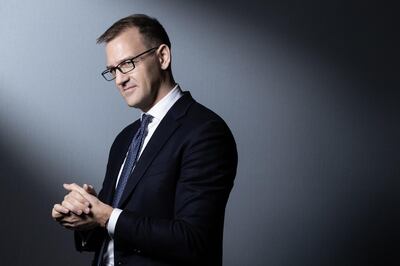
Daniel Kretinsky
Billionaire Daniel Kretinsky made a blatant attempt to take control over German wholesaler Metro without paying investors a decent premium last year. Now that the shares have almost halved in value, he’s at it again.
The hospitality sector accounted for 48 per cent of Metro’s revenue in 2019, according to Bloomberg Intelligence. The pandemic has exacerbated its existing woes.
Mr Kretinsky succeeded in amassing an almost 30 per cent stake after 2019’s €16-a-share (Dh69.6-a-share/$19-a-share) offer. Since then, he’s sat on the sidelines, while a turnaround has failed to materialise for chief executive Olaf Koch.
With hindsight, shareholders must wish they’d sold to Mr Kretinsky last year. Now, with investment partner Patrik Tkac, he intends to offer €8.48 per share. What’s more, Mr Koch is stepping down at the end of this year, paving the way for his successor to pursue a fresh strategy that might lead to a revival.
The group’s two founding shareholders, the Meridian Foundation and the Otto Beisheim Foundation, which control 23 per cent, are unlikely to be tempted. But Mr Kretinsky probably only wants just a handful of shareholders to sell. If that happens, the stake held by his EP Global Commerce vehicle would jump over 30 per cent and, under German takeover law, he will then be able to buy more shares in the market without being forced to launch a fresh bid.
Indeed, EP Global doesn’t appear to be aiming for 100 per cent – it says it does not expect to hold more than 50 per cent. This is what is known as “creeping control”. Bulking up could give Mr Kretinsky more influence over the chief executive recruitment process and his or her strategy. The risk to Metro shareholders is that he gradually gains ownership of the company without paying them a premium.
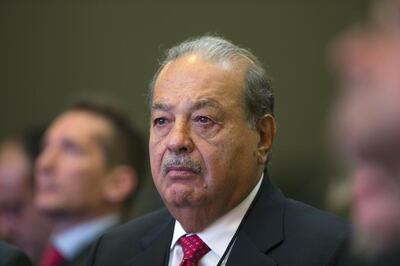
Carlos Slim
Mexican billionaire Carlos Slim’s telecommunications giant America Movil has agreed to sell its US subsidiary Tracfone to Verizon for $6.25bn, the companies announced.
America Movil, one of the world’s largest mobile network operators, said half of the payment would be in cash and half in Verizon shares.
Verizon also stands to gain up to an additional $650m in cash if certain performance-related targets are achieved, the two firms said.
With around 21 million subscribers, Tracfone is a leading provider of pre-paid mobile services in the United States and a long-time partner of Verizon, the US giant said.
America Movil, which operates across much of Latin America, the United States and in central and eastern Europe, has helped to make Mr Slim one of the world’s richest men.
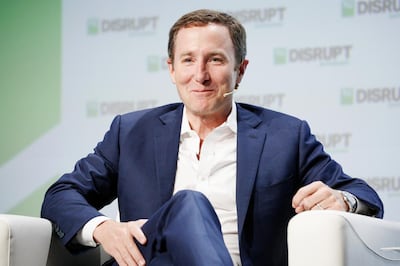
John Foley
Peloton Interactive founder John Foley is now a billionaire, thanks to a stunning rally in his home-fitness company’s shares since the pandemic began.
After posting a video to Kickstarter in 2013, Mr Foley, a cycling enthusiast, raised $307,000 to help get his fledgling in-home exercise start-up off the ground.
The former e-commerce president at Barnes & Noble wanted to bring indoor cycling classes into people’s homes. He had high hopes for Peloton, comparing its approach of creating both hardware and software to Apple in the Kickstarter video.
But Mr Foley couldn’t have predicted the pandemic seven years later that would shut down gyms and spur a home exercise boom not long after his company’s IPO. Since mid-March, Peloton shares have rallied about 350 per cent, sending Mr Foley’s net worth to $1.2bn, according to the Bloomberg Billionaires Index. He owns 3 per cent of the Class B shares and options representing an additional 5 per cent, according to filings.
When Peloton went public, some investors were wary that the expensive home exercise equipment – the standard bike initially cost almost $2,000 – would lack mass appeal. The stock tumbled late last year after backlash from a controversial holiday television ad, with short sales accounting for 70 per cent of the available shares in late December.
But then came the pandemic, which boosted demand for Peloton’s products and services as exercise buffs looked for new ways to work out at home.
The company reported fiscal fourth-quarter sales that beat Wall Street’s expectations and forecast $3.5bn to $3.65bn in revenue for fiscal 2021.
Peloton said it reached 1.09 million paying subscribers in the most recent quarter, up from 712,000 at the beginning of the year.
